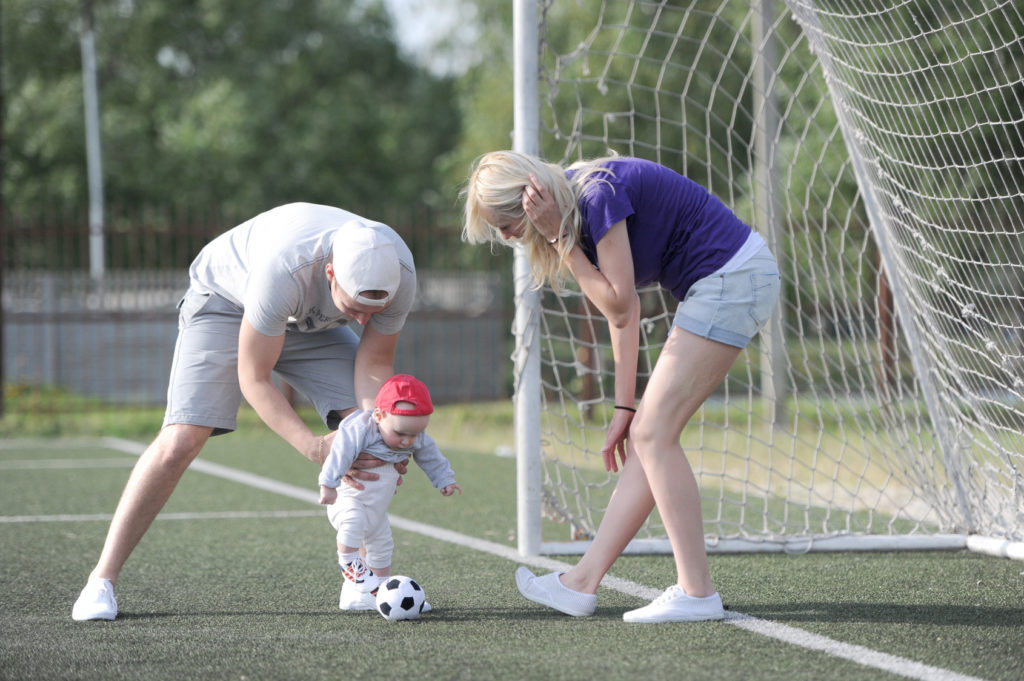
What is resilience? Resilience has been defined as, “a dynamic process encompassing positive adaptation within the context of significant adversity” (Luthar, Cicchetti, & Becker, 2000, p. 435). Two conditions of resilience are understood to be inherent within this definition: 1. That there is exposure to significant adversity (or risk) 2. That positive adaptation (or competence) […]

Introduction As a Trainee Sport Psychologist, I have been offered many opportunities to work with young athletes at various stages of their personal development and progression within their chosen sport. When these roles were first offered, it was challenging to understand the needs of each age group that I was working with and the best […]

Its the week of the big game, exam or even a job interview, you start to feel ‘butterflies’ in your stomach, you start to think “I’m Nervous” or “Something’s not right” you ‘freak out’ and you eventually under-perform or freeze under the spotlight. Well the good news is… everyone, whether athletic or not will have experienced […]

Reflective Practice is “an improvement tool to produce a change in practice” (Knowles et al., 2006) and can be applied in a personal as well as a professional context (Ghaye, 2001; cited in Anderson, Knowles & Gilbourne, 2004). Knowles, Gilbourne, Cropley and Dugdill (2014) describe reflective practice as a complicated procedure which allows experience to […]

This is a short and simple article on managing emotions. The key aim is to allow performers an opportunity to utilise a strategy to enable them to manage emotions in sporting environments. Identify emotions Performers are encouraged to write down both their positive and negative emotions following performance. This practice can enable performers to identify […]

Let’s get off on the right foot. I am not a parent, but I know enough to recognise that it’s a tough job. And then there’s being a sport parent… Accordingly, several of TheSportInMind articles emphasise the value and importance of sport parents roles and, aligned with Fredricks and Eccles’ (2004) research, sport parents are […]

Performance can be broken down into many different aspects. These aspects are psychological, technical, physical, and nutritional. Performers alongside their coaches need to be mindful about these aspects and write down what has gone well for them this year and what improvements could be made from January onwards. Essentially, performers who wish to fulfil objectives that were […]

Reflective practice is – in its simplest term simply recalling memories, but more specifically it is recalling memories of your previous performances. This can be your most recent performance, including: a recent game you played yesterday or even a training session you had this morning. The difference between simply recalling memories and using reflective difference, […]

Reflection on performance plays an important role in athletic development and adherence to training programmes. Therefore our reflection needs to be accurate and informative for athletes, coaches and sport psychologists. Franks and Miller (1991) highlighted that coaches can accurately remember only 40% of performance. This statistic may shock some coaches, and this is not unique to […]

